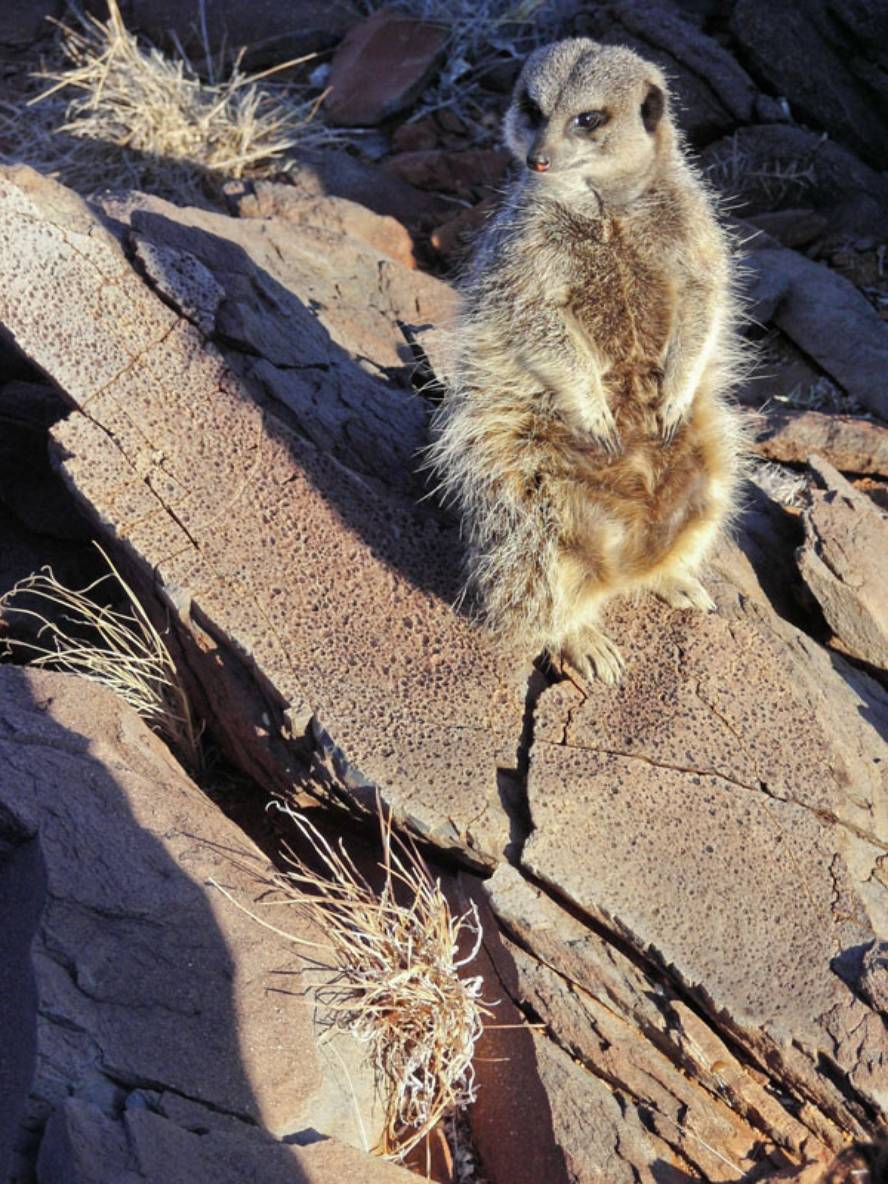Message of the fossil impact of rain
At the time when the sun warmed little, in addition to the ice there was liquid water on Earth. Scientists have not yet understood why, but some fossil rain remnants found in South Africa have contributed to understanding it.
It was a paradox. 2.7 billion years ago, the Sun did not heat much because it was young, had less density than the current one and hydrogen merged at a lower level. Little heat came to the ground and there was no reason for the existence of liquid water. But there are many remnants of liquid water carved into the stones of the time.
These traces indicate that the temperature of the atmosphere of the time was not very low and there are two possible explanations that this was so, both related to the atmosphere. The first explanation is that the atmosphere of the time reflected less light than the current one. In this way, when reflected in space, less heat was “lost”. The second explanation is the greenhouse effect; if the amounts of carbon dioxide, methane and other gases were high, the atmosphere would be at liquid water temperature. Among the conditions of this hypothesis is that the atmosphere of the time should be more or less dense than the current one.
This has been demonstrated by some scientists at the University of Washington using a fossil impact of raindrops. They are traces of the impact of drops, holes. The depth of these holes indicates the speed at which the drops hit the ground. And this speed depends on the density of the atmosphere: the denser the atmosphere, the slower the fall of raindrops. Measuring the fossil, Washington scientists have concluded that the atmospheric density of the time was similar to the current one, although they admit even a possible degree of error. These drops can be especially large, according to them.
However, it is estimated that some 2.7 billion years ago the atmosphere had enough density to contain many carbon dioxide and methane, and that the greenhouse effect allowed liquid water. The remnants of raindrops have explained why there were raindrops on Earth at that time.






